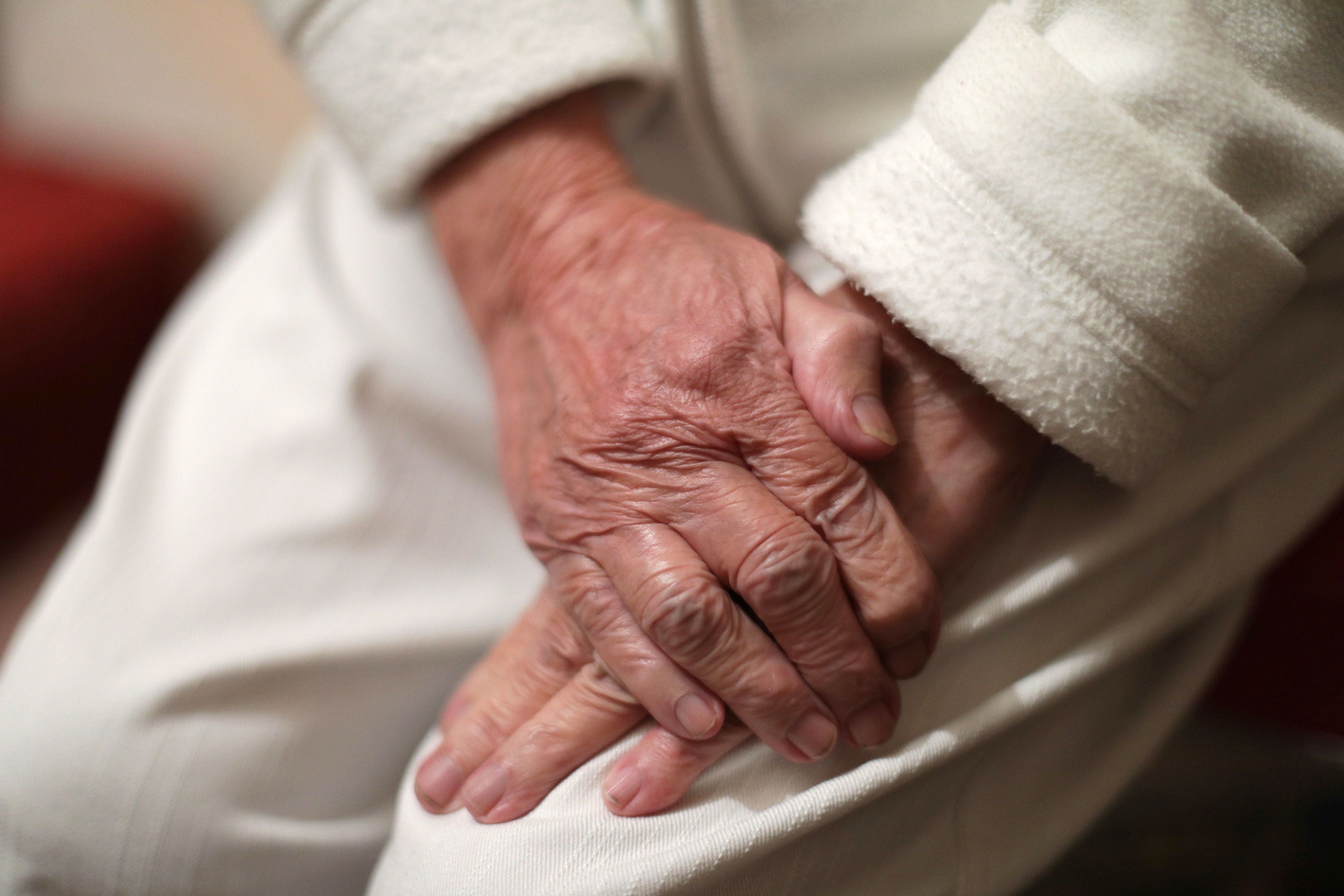Quarter of unpaid carers of dementia patients ‘worse off financially’
Almost half (47%) said they have had to juggle caring duties with working full-time, and almost a fifth (17%) said they have reduced their hours.

Your support helps us to tell the story
From reproductive rights to climate change to Big Tech, The Independent is on the ground when the story is developing. Whether it's investigating the financials of Elon Musk's pro-Trump PAC or producing our latest documentary, 'The A Word', which shines a light on the American women fighting for reproductive rights, we know how important it is to parse out the facts from the messaging.
At such a critical moment in US history, we need reporters on the ground. Your donation allows us to keep sending journalists to speak to both sides of the story.
The Independent is trusted by Americans across the entire political spectrum. And unlike many other quality news outlets, we choose not to lock Americans out of our reporting and analysis with paywalls. We believe quality journalism should be available to everyone, paid for by those who can afford it.
Your support makes all the difference.More than a quarter of unpaid carers looking after loved ones with dementia have said they are worse off financially because of their responsibilities, according to a charity which is calling on the Government to do more to support them.
Alzheimer’s Society said carers are spending the equivalent of four working days a week providing essential practical and emotional support to those they look after, and facing money struggles as a result.
Its survey of 1,003 unpaid current and former carers of people with dementia found 28% said they are worse off from a financial perspective due to their caring responsibilities, while 16% said they are having to use savings.
Almost a quarter said they have had to cut back on luxuries (23%), or hobbies and leisure time (22%) to manage their finances.
The survey also found that 80% of respondents are classed as primary carers, meaning they take on the majority of caring responsibilities for their loved one, making them the “backbone of their support”, the charity said.
Other findings showed that respondents feel they have lost friends (24%) or lack frequent social contact with others (27%) due to their caring responsibilities, and 26% said they feel they have lost their identity.
Almost half (47%) of those surveyed said they have had to juggle caring duties with working full-time, and almost a fifth (17%) said they have had to reduce their working hours.
Alzheimer’s Society said it is calling on the Government “to take clear action to introduce a sustainable funding model, which pools the risk of care costs to provide people living with dementia with easy and timely access to personalised care”.
It said this must be supported by an “adequately resourced and trained social care workforce”, and there should be better recognition of unpaid carers, coupled with improved dementia-specific support and breaks.
Unpaid carers exemplify what it means to be kind and compassionate - quite simply, unpaid carers are heroes
Actress Anne-Marie Duff, whose brother was diagnosed with dementia in his 40s, paid tribute to the charity’s work and described unpaid carers as “heroes”.
She said: “Alzheimer’s Society is a lifeline through some of the hardest and most frightening times and a voice to thousands of families who are living with dementia.
“I know first-hand the impact of caring for a loved one with dementia, after my brother Eddie was diagnosed with dementia in his early 40s. Unpaid carers exemplify what it means to be kind and compassionate – quite simply, unpaid carers are heroes.”
The charity’s chief executive, Kate Lee, said: “There are so many family members and friends providing care around-the-clock to keep their loved ones tethered to the world.
“This vital care can be incredibly rewarding but comes at a cost – often coping with changes to behaviour and carrying out daily tasks many of us take for granted.”
A Government spokesperson said: “Unpaid carers play a vital role in the lives of their family and friends, which is why we have increased Carer’s Allowance and the earnings limit for people receiving it by nearly 40% since 2010.
“Many carers who are in work and receiving Carer’s Allowance will also be receiving Universal Credit – which includes a carer element worth more than £2,000 a year.”
Alzheimer’s Society is encouraging people to sign up for a Memory Walk at https://www.alzheimers.org.uk/memorywalk, with funds raised going towards campaigning efforts and support services for people affected by dementia, including carers.